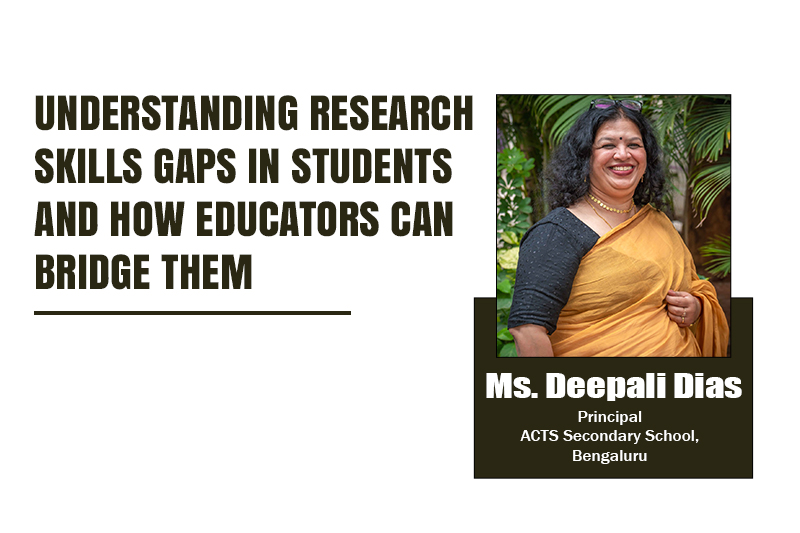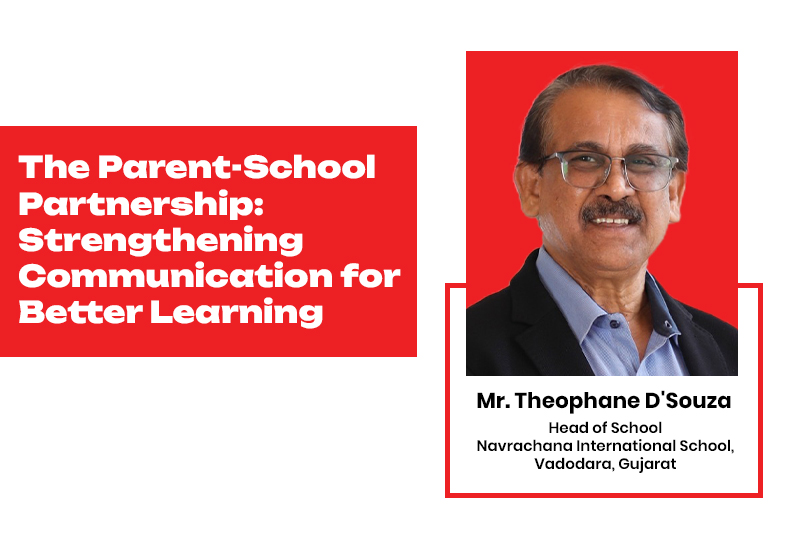Ms. Rohini Aima, Jammu Sanskriti School: Advancing Equity in Education Funding Across India
“Equity in education develops inquiring, knowledgeable and caring young people who can create a better world through intercultural understanding and respect.”
With nearly four decades dedicated to education, Ms. Rohini Aima, Principal cum Vice-Chairperson of Jammu Sanskriti School, Jammu, brings deep insight and vision to the critical challenge of equity in education funding. Since taking charge in 2013, she has guided Jammu Sanskriti School into becoming a national benchmark for academic excellence, inclusivity, and social commitment. Beyond accolades, the school exemplifies how equitable funding opens doors for every child—regardless of background.
The Meaning of Equity in Funding
For Ms. Aima, equity in education funding means providing resources based on need, not equal shares for all. This principle is crucial in a diverse nation like India, where poverty, geography, disability, and gender overlap.
“True equity means a student in a remote mountain village, a child with special needs in an urban slum, or a girl from a disadvantaged background receives more support—not less—because of the barriers they face.”
Redirecting resources to those with greater challenges helps close learning gaps, reduces dropout rates, and restores classroom dignity. This is not a dilution of fairness, but a redefinition of it.
Why Equity Matters
Education today is more than a personal asset; it’s a foundation for social justice, national progress, and global citizenship. Ms. Aima stresses that equitable funding is not charity—it’s systemic correction.
Many rural schools lack necessities: potable water, girl-friendly sanitation, digital devices, and safe classrooms. Such deficits lead to poor learning outcomes, higher dropout rates, and self-perpetuating inequality. Investing more in these schools strengthens children, entire communities, and the nation’s future.
Equity in Action: Policy and Practice
India’s National Education Policy (NEP) 2020 underscores inclusive, equitable access. Schemes like Samagra Shiksha Abhiyan aim to improve infrastructure, digital access, teacher training, and gender and disability gaps. Yet policy alone isn’t enough—effective implementation and community engagement are vital.
At Jammu Sanskriti, Ms. Aima has gone beyond policy compliance, implementing scholarships for economically disadvantaged students, welfare funds for girls, and inclusive classrooms equipped with assistive tools. Midday meals, health screenings, and sanitation drives reflect a comprehensive ethos: equity demands action beyond budgeting.
Accountability: The Other Pillar of Equity
Equity doesn’t stop at allocation—it requires transparency, monitoring, and responsiveness. Data-driven decisions, audits, and community participation ensure funds serve their intended purpose.
Jammu Sanskriti’s finances are subject to committee review and public reports, fostering trust. Ms. Aima believes:
“Accountability isn’t an administrative hurdle; it’s a cornerstone of equity.”
Investing in Foundation: The Highest Return
Research shows early investments—especially for underprivileged learners—yield huge dividends. Prioritizing literacy, numeracy, health, and infrastructure lowers dropout rates and social welfare dependence.
A vocal advocate of early-grade intervention, teacher training, and school health programs, Ms. Aima draws on her experience as a CBSE Master Trainer in School Health & Wellness to push for foundational investments.
A Strategic, Multistakeholder Approach
Equity requires collaboration—schools, governments, NGOs, parents, and communities working together. Ms. Aima notes:
“Selecting the right oversight teams—finance, audit, risk—is critical to effective, responsible resource use.”
Jammu Sanskriti’s regular dialogues with parents and advocates prioritize nutrition, sanitation, and learning aids. Partnerships with district coordinators and UN agencies scale wellness programs, embodying collective action.
Equity Today, Transformation Tomorrow
Properly funded education transforms lives. Empowered learners stay in school, pursue higher education, enter the workforce, and break poverty cycles. They grow into informed, empathetic citizens fostering intercultural understanding and innovation.
Under Ms. Aima’s guidance, Jammu Sanskriti earned national acclaim as an A++ Five-Star Inclusive School, top in Jammu and Kashmir, and a leader in SDG commitment. These honors reflect substance grounded in equitable funding, stakeholder trust, and educational rigor.
Equity Means Justice
Equity in funding is fairness with intent—giving more to those who need it most to ensure all children access quality education. It lifts every student to dignity and possibility.
As Ms. Aima powerfully states:
“It is not about giving everyone the same; it is about ensuring each learner has what they truly need to thrive. When we invest fairly, we invest in justice.”
Equity in education funding is no policy option for India's diverse and vibrant population—it is a collective obligation, a pathway to unity in diversity, and a foundation for a brighter, inclusive future.
Want more thought-provoking articles like this? Check out EducationToday – where education meets innovation.






